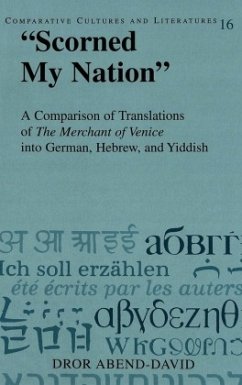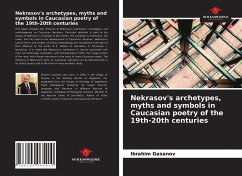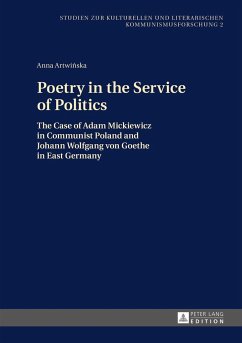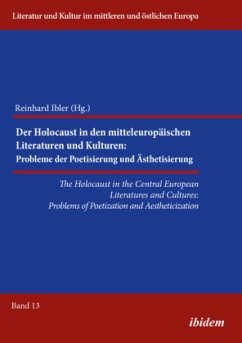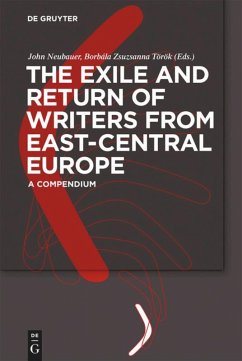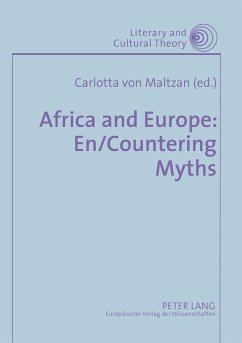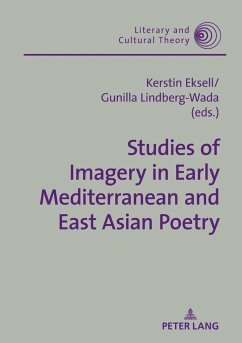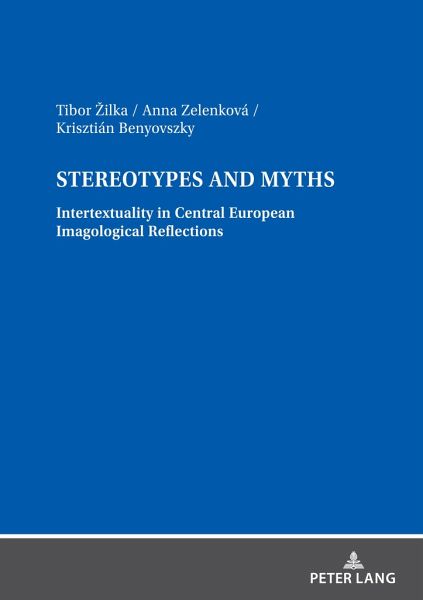
Stereotypes and Myths. Intertextuality in Central European Imagological Reflections
Versandkostenfrei!
Versandfertig in 6-10 Tagen
49,95 €
inkl. MwSt.

PAYBACK Punkte
0 °P sammeln!
This book combines the theory of intertextuality and intermediality with imagological reflections. These are understood as a way of intercultural, hermeneutically oriented secondary communication in which the analyses of "otherness" do not serve for the purposes of presenting one's own self, but for understanding it. By providing tangible text examples from Central European literatures (and others), the authors focus on the circulation of "culture images" as a multilayer text, where reality is represented through verbal means and interpretational proceedings. These images emerged primarily in ...
This book combines the theory of intertextuality and intermediality with imagological reflections. These are understood as a way of intercultural, hermeneutically oriented secondary communication in which the analyses of "otherness" do not serve for the purposes of presenting one's own self, but for understanding it. By providing tangible text examples from Central European literatures (and others), the authors focus on the circulation of "culture images" as a multilayer text, where reality is represented through verbal means and interpretational proceedings. These images emerged primarily in the period of rising nationalism and, to some extent, they persist to this day. The monograph thus opens a new perspective for theoretical analysis of problems.






